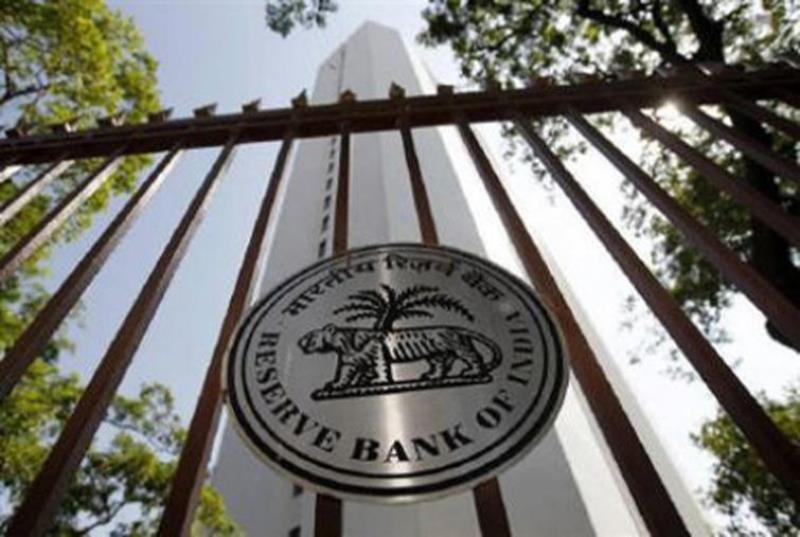 RBI
RBI
After barring Navi and others, RBI may act against more NBFCs to check obscure lending practices: Morgan Stanley
Mumbai/IBNS: The Reserve Bank of India (RBI) on Thursday (Oct. 17) took action against four Non-Banking Financial Companies (NBFCs), instructing them to cease new loan sanctions and disbursements, while a Morgan Stanley report suggests that more companies in the lending sector could face similar scrutiny.
The report highlighted that Asirvad Microfinance, one of the NBFCs affected by the RBI's directive, has lending rates that are not significantly different from other lenders, according to data from MFIN, an industry body for microfinance lenders.
This raises questions about whether the RBI's concerns with the targeted NBFCs stem solely from lending rates or if broader issues are involved.
"Based on an observation of lending rates data collated and presented by MFIN (industry body for microfinance lenders), we note that Asirvad Microfinance's lending rates are not very different from other lenders," the report stated.
On Thursday (Oct. 17), RBI imposed a ban on Sachin Bansal-backed Navi Finserv, along with three other NBFCs: MUFG Bank-backed DMI Finance, Asirvad Microfinance, and Arohan Financial Services.
These companies, including two microfinance institutions (MFIs), have been ordered to stop approving and disbursing loans from the close of business on Oct. 21, 2024.
This move is part of the RBI's efforts to enforce stringent regulatory compliance across lenders.
The Morgan Stanley report speculated that more regulatory action could follow for the sector but clarified that the RBI's intent likely isn't to completely halt new lending by MFIs and NBFCs.
The report also noted a sharp increase in credit costs at Asirvad, a trend that has been observed at other firms in the industry as well.
"This could mean that either lending rates, in isolation, were not the issue at Asirvad, or there is likely more action to follow across lenders. We don't think RBI's intent would be to shut down new lending to the sector," the report added.
The restrictions imposed by the RBI will remain in place until these NBFCs demonstrate full compliance with regulatory guidelines.
The central bank's actions signal its close monitoring of the sector to ensure fair lending practices and to protect borrowers from potential exploitation.
Previously, RBI Governor Shaktikanta Das had warned NBFCs about offering incentives and setting fixed targets for their employees to grant loans.
During the announcement of the October monetary policy, Das emphasized that such practices could harm customer interests and foster an unhealthy workplace culture.
"The Reserve Bank is closely monitoring these areas and will not hesitate to take appropriate actions if necessary. Self-correction by NBFCs would, however, be the desired option," Governor Das remarked.
He expressed concern that these high-pressure sales tactics could lead to poor customer service.
Support Our Journalism
We cannot do without you.. your contribution supports unbiased journalism
IBNS is not driven by any ism- not wokeism, not racism, not skewed secularism, not hyper right-wing or left liberal ideals, nor by any hardline religious beliefs or hyper nationalism. We want to serve you good old objective news, as they are. We do not judge or preach. We let people decide for themselves. We only try to present factual and well-sourced news.







